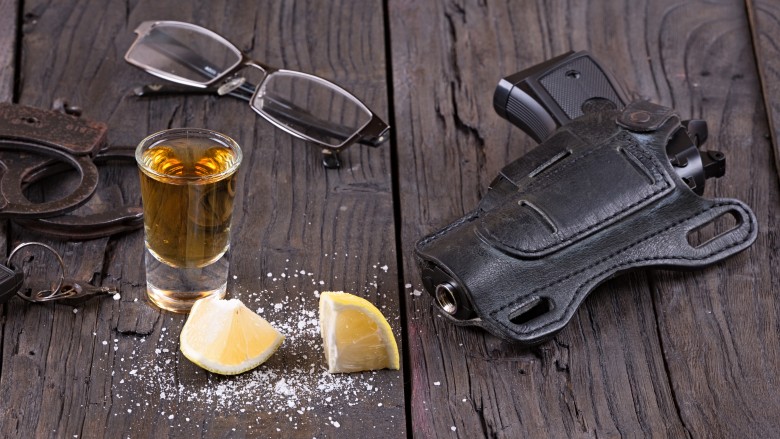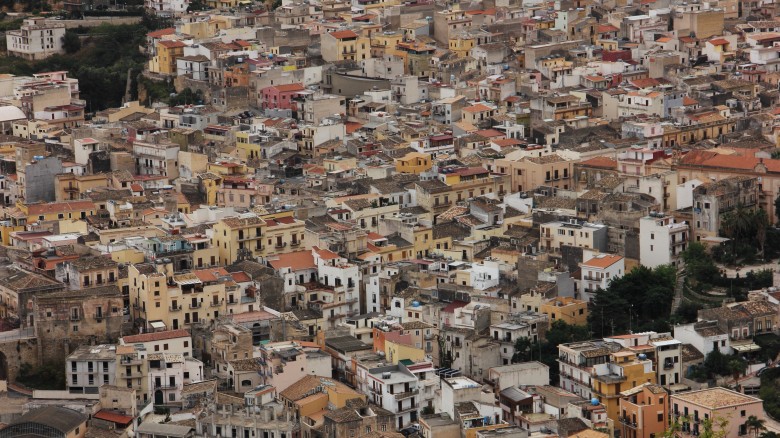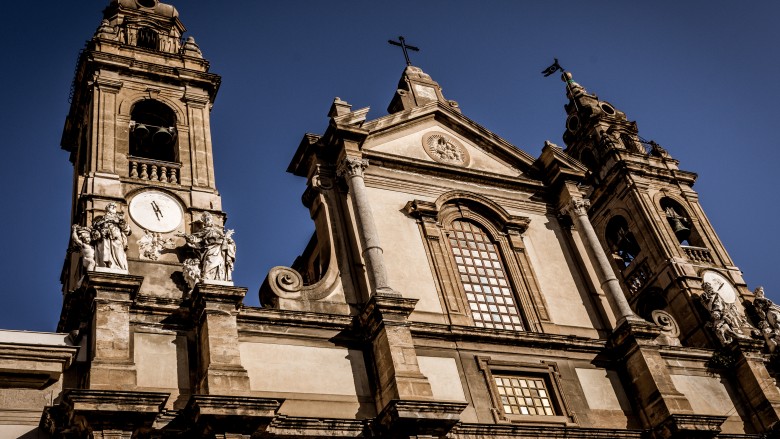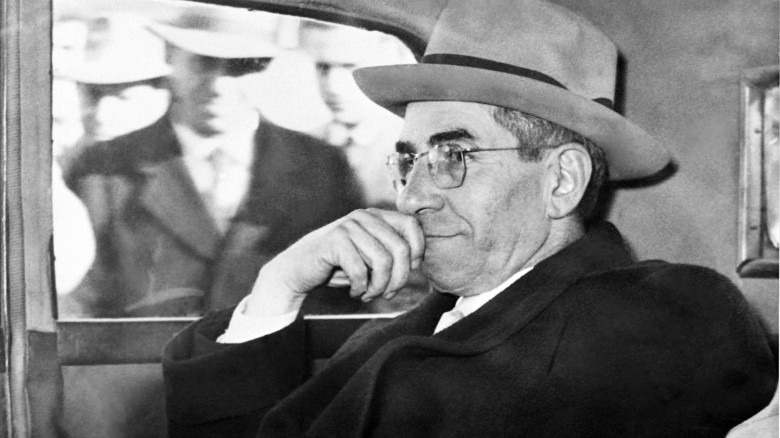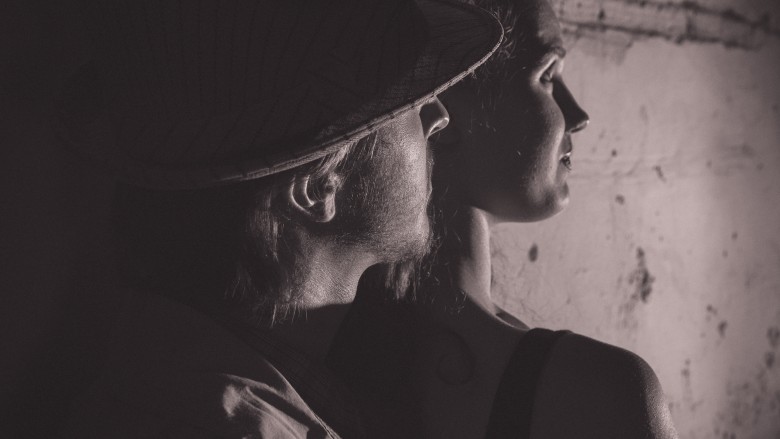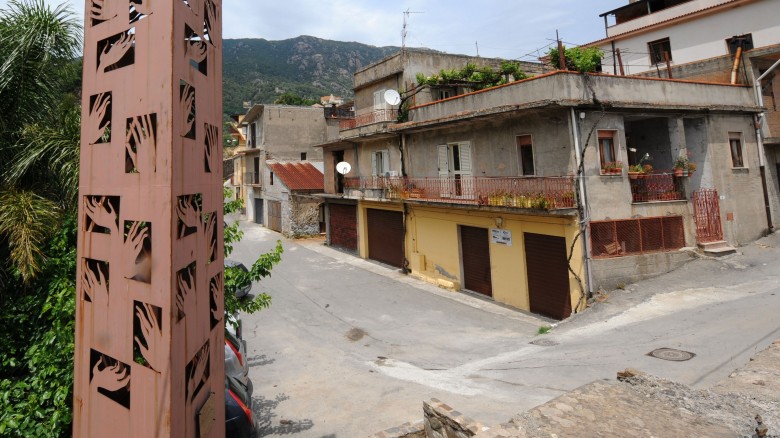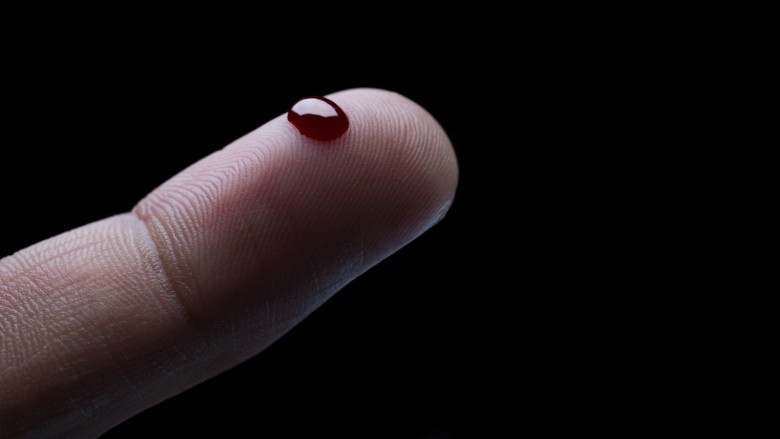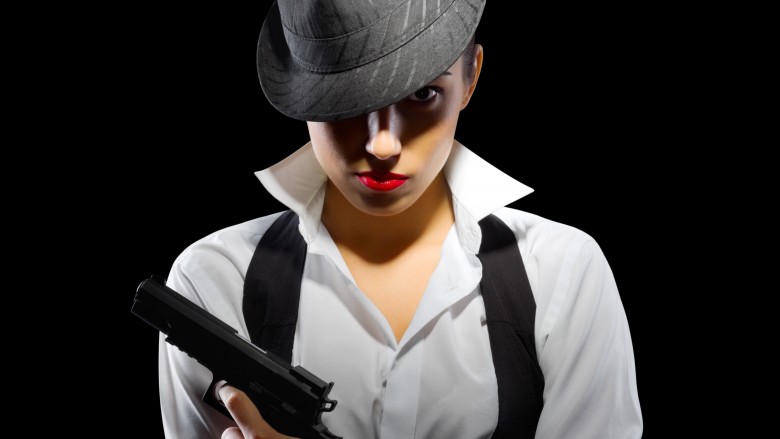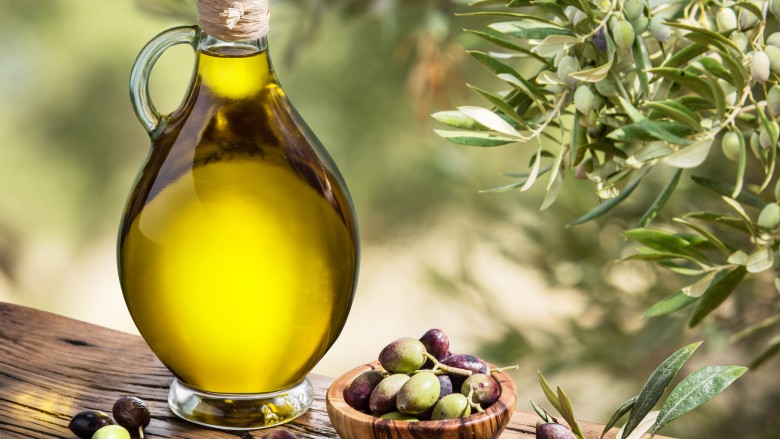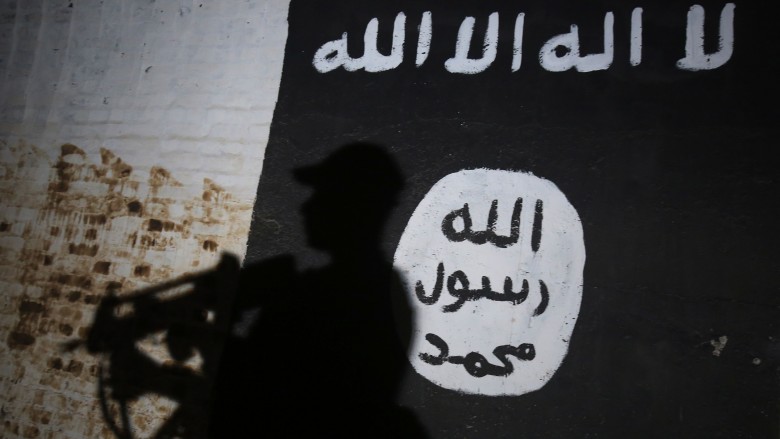The Untold Truth Of The Mafia
Sure, you probably had that cool poster of The Godfather on the wall of your college dorm, but how much do you really know about the Mafia? We're not talking about that time you got drunk and swear you figured out where Jimmy Hoffa is buried (now if only you could remember). Given that the Mafia is pretty much built on secrets, there's a lot you probably don't know—and we're risking some cement shoes to tell it to you.
Mafia origins are hazy, but it may have something to do with lemons
The Mafia we know and love today has its roots in Sicily. They showed up at some point in the late 19th century, and over the course of around 150 years, they spread across the world and got their fingers into pretty much everything. It's been something of a mystery just how this highly organized structure developed, but according to research done over at the University of Nottingham, it started with lemons.
In the late 1800s, Sicily was realizing that they had the perfect everything needed to grow a valuable citrus crop. While they were home to the overwhelming majority of lemon trees in Italy, they had a unique set of problems, too. Things like a rich upper class exploiting the heck out of the peasant class, a distinct lack of public law enforcement, and a government that really wasn't keeping the peace meant lemon farmers resorted to hiring their own private protection firms to keep their investment—and themselves—safe. Now, add in a couple more factors: Sicily's position on a major Mediterranean trade route, the skyrocketing citrus trade, and the need for private muscle to protect interests, and you have the perfect place for an organization like the Mafia to get started.
Don Calo Vizzini was at the head of the Villalba Mafia during World War II, and he may have said it best. He was quoted by the University of Nottingham paper as saying, "In every society there has to be a category of people who straighten things out when situations get complicated. Usually they're functionaries of the state. Where the state is not present, or where it does not have sufficient force, this is done by private individuals."
"Mafia" comes from an Arabic word, and had no connection to crime
Words are funny old things. You know exactly what we mean when we talk about the Mafia now, but that word has gone through some pretty odd changes. At the same time the founding members of Sicily's premiere protection agency were getting their ducks in a row, the term "mafioso" was already being tossed about. It meant something different, though, and it was used to describe anyone who didn't really trust centralized authority. That's far-reaching indeed, and based on the original meaning of mafioso, we're pretty sure makes the overwhelming majority of today's population mafioso.
When landowners started employing protection squads (or, perhaps more accurately, falling in line when they were extorted for protection money), those mini-armies of ruthless muscle were called mafie. Pockets of mafie existed not just in Sicily but all across Italy, and the groups running those early protection rackets became the mafia, and they took their name from a slang term that has its roots in the mixing of the Sicilian and Arabic languages. The root originally had nothing to do with crime, fear, or snazzy dress sense, and instead, it meant something along the lines of "acting as a protector against the arrogance of the powerful," at least, according to Mafia history writer and researcher Selwyn Raab.
The term made its way into popular parlance the same way words become popular today: via social media. Since this was the 1860s, social media came in the form of a play and promotional tour of a piece called I Mafiusi della Vicaria, proving that pop culture is a powerful thing.
They may have been inspired by a secret organization
Everyone who's ever seen a movie about the Mafia (and that's pretty much everyone) knows a hierarchy within the organization dictates pretty much everything. The real Mafia's structure was likely inspired by a super-secret organization of assassins that protected the innocent centuries before.
Maybe. Honestly, nobody really knows, because back then, keeping something a secret wasn't just possible, it was so possible that we only know bits and pieces about what might be the awesomest secret society ever.
The Beati Paoli (no, no one knows why they're called that, but it's probably something religious) was a Sicilian society that formed in the 12th century. Most of what we know comes from Francesco Maria Emanuele, Marquis of Villabianca, and the story says they formed in response to an oppression of the noble class. Not only did they recruit any and all to their cause, but they established a sort of hierarchy reminiscent of a royal court. From there, they arranged protection services, hired themselves out as paid assassins, and ... well, we don't know what else, because secrets. We do know they supposedly had an underground lair, because of course they did, and it was accessed through the crypt of a church in Palermo. That's not up for debate: there really is a secret underground lair there, and it was used as a shelter during World War II.
Some have linked the rites and rituals of the Beati Paoli to that of the Mafia, and it's hugely frustrating. There's a ton we just don't know about the society—and never will, because it was a different time ... and secrets meant something.
The Mafia helped Allied forces secure Italy during World War II
Ever hear the saying, "The enemy of my enemy is my friend"? That's exactly what happened during World War II, and the strangest of allegiances—one between the Mafia and the military Allied forces—likely changed the course of the war in a big way.
Between 1925 and 1929, Benito Mussolini was fighting a very different war from the one you probably know him for. He was fighting the Mafia, and he was absolutely determined to get rid of them down to the very last man. During these years, countless members of the Mafia headed for the States, but not until 1943 did the mafiosi see the opportunity for a little bit of payback.
The Allies called it Operation Underworld, and it started with the mysterious destruction of what was then the largest luxury ship in the world: the Normandie. The Allies were certain it was Nazi sabotage (no one knows what happened), and when Navy investigators were stonewalled by Italian dockworkers, they were pretty sure it had something to do with their home country's alliance with Germany. The military went to NYC law enforcement for help, and they went to the Mafia.
Specifically, they went to Meyer Lansky. Fortunately for them, Lansky knew a guy who could help, but he had happened on some bad luck and was serving time upstate. That guy was moved back and made a deal—Lucky Luciano would help, but he wanted freedom. He got it, and groups of Nazi would-be saboteurs got what they had coming to them, too.
Ever wonder why the US didn't suffer much in the way of domestic sabotage? Thank the mob. Thank them for the inside information that allowed the Allies to land and take Sicily, too. It was Luciano and Lansky who were called in by naval intelligence to provide contacts on Sicilian shores and start funneling information about Nazi strongholds back to the Allies, and we can safely say they got their payback.
They have their own Ten Commandments
In 2007, Mafia kingpin Salvatore Lo Piccolo was arrested. Documents found during his arrest shed bright light on the inner workings of the Cosa Nostra, and investigators learned that sometimes, real life really is like the movies. Typed out on a single sheet of paper were the Ten Commandments of life in the Cosa Nostra, and they were pretty straightforward.
A third-party intermediary must always make introductions between members. Don't look at friends' wives. Don't hang with the cops. Don't frequent the pubs. You're always on call ... no matter what. Appointments are never to be broken. Wives should be respected. Always tell the truth when asked for it. Don't take money from other families. And no one with any ties to the police is allowed inside Cosa Nostra, and if they find out you've been two-timing, that's a clear indicator that you have no morals.
Never before has talk of morals sounded like such a threat.
The Calabria Mafia has a whole network of secret, underground tunnels
We're not going to lie. Part of the reason we think being a criminal mastermind would be so darn cool is the prospect of having our own secret lair. We were once told that real life isn't like that, but it turns out that it totally is.
In 2011, Italian law enforcement brought in one of their most wanted. Francesco Pesce was long rumored to be the head of the 'Ndrangheta, a branch of the Mafia that made their money in cocaine trafficking. They found him in a bunker beneath a junkyard, and the only entrance was a 3-foot-high trap door partially hidden by a chicken coop. Doesn't sound glamorous? He certainly wasn't living the hard life, in an air-conditioned bunker that was fully stocked with champagne and local delicacies. And that's not bad, especially considering our first apartment was not nearly so well stocked. Heck, our current place isn't that well stocked.
He wasn't even discovered. He gave himself up after law enforcement came in with bulldozers and started knocking stuff down. He surrendered, presumably because being buried alive isn't nearly such a desirable thing when you're on the other end of the shovel, and that leaves us wondering how many other secret lairs there are out there. Because there are definitely more, and in 2013, the BBC got a look at part of the secret network of tunnels the same branch of the Mafia had constructed beneath Plati, the longtime mountainside headquarters of the 'Ndrangheta. Tunnels, bunkers, command centers ... they're outfitted well enough to keep the highest-ranking members comfortable for months at a time. Terrifying and claustrophobic, or a little awesome? Discuss.
There really is an initiation ceremony
A lot of the information we have on what goes on behind closed doors comes from former Mafia that flip and give some serious testimony. In 1994, hitman Maurizio Avola turned informant when he realized the people he'd been working for were targeting him next, and one of the things he talked about was the initiation ceremony that he—and others—underwent. According to him, he was initiated in 1983 during a countryside ceremony where his godfather watched as his finger was pricked with a needle. There was an oath, too, that he said while "drops of my blood were burned over the image of a saint."
According to research done by the University of Bath, that's a pretty recent addition to the lore, particularly that of Cosa Nostra. It's called "la punciuta," and according to a defector named Tommaso Buscetta, the ritual often involves blood being dripped onto a picture of the saint before it's set on fire. The initiate holds the burning paper until it disintegrates completely, and the oath is, "May my flesh be burned like this sacred picture if I betray my oath."
The ritual—and the oath—itself goes back more than a hundred years to an organization called Girgenti, and similar rites have been used in several organizations over the years. Honestly, we're not sure what we were expecting, but we're pretty sure it was something more complicated than that.
Women are getting more and more powerful
If movies are to be believed (and if they are, we need to have a talk with someone about our continued failure to find Narnia), mob wives only have a few roles, and most of those involve taking care of the kids and looking surprised when the law comes a-knocking. But in 2015, the murder of Nunzia D'Amico (she was pushing her baby in a stroller outside of her home when she was cut down by a rain of bullets) shed some light on just what role mob women play.
D'Amico's brothers had headed her family clan, and when they were all arrested, she took their place. She wasn't alone, either, and according to Italian prosecutors, they're seeing more and more women taking the place of their men when they fall to the law or a rival operation. Even the big groups, like Cosa Nostra, are putting women in positions of power. It's estimated that the number of women with mob power has risen by about ten times between 1995 and 2015, and not only are they terrifyingly good at what they do, but they're quickly getting a reputation for being even more deadly than their male counterparts.
Starting around the mid-1990s, more and more women took power. They've been given nicknames like "Celeste," "Ice Eyes," and "La Piccoletta" ("The Little One"), and it's largely because every time you hear about the arrest of a mafia kingpin, a woman is just waiting to take the reins. She's been watching, listening, and learning, and even though most of them wear black to represent their period of mourning, they're probably wearing red underneath that. That's a reminder of all the blood that has been shed and all that's still left to spill.
They make their money in ways you'd never guess
So, how do you suppose the Mafia makes their money? Protection rackets? Extortion? Maybe a bit of white collar crime, this day in age? It turns out that there's absolutely no such thing as a bad or weird idea when it comes to making money for the mob, and as long as it works, it's all golden.
We're not sure what kind of person looked at those clothing collection bins and saw a major opportunity, but in 2015, authorities blew a weird operation wide open. Papers were calling it a clothes trafficking ring, and the scam was headed up by the Camorra Mafia. Operatives were taking the clothing donated to people in need and were instead shipping the clothes overseas to sell them in European and African markets. For real.
In 2017, Mafia and foodies alike were all in a panic over the breakup of a crime ring trafficking in fake extra virgin olive oil, and we can safely say that's something we never thought we'd be able to share with you. It was just the tip of the iceberg, too, and the operation that passed off cheap olive pomace oil as extra virgin olive oil gave way to a larger operation involved with everything from price fixing and exploitation of workers. We're not talking small potatoes here, either, and it's estimated that almost $17 billion was to be made in the mob's agricultural endeavors in 2015 alone. No word on whether any celebrity chefs were fooled by the fake olive oil, but we'd totally like to know about it if they were.
Health care and insurance scams are also a huge source of income for the Mafia, and in 2013, one Italian clan was investigated for staging hundreds of car accidents every year, and collecting millions. And an exposé in 2009 turned a spotlight on the Mafia's increasing interest in raking in the profits from Medicare scams, and that's no chump change, either. People who were good at it could collect up to $25,000 a day, but we still can't help but think when someone signs on to join the Mafia, they don't necessarily expect to being the guy that keeps getting hit by a car.
They're getting involved against ISIS
The Mafia got involved with global conflict at least once in the last century, and it looks like they might be throwing their hat in the ring again ... or at least making it well known that they're standing by, brass knuckles polished and ready go to. In 2015, Giovanni Gambino issued a statement to ISIS in the wake of the Paris attacks. The message was simple: stay out of New York.
Gambino is that Gambino, the son of former mob boss John Gambino. He went on record as saying that ISIS was afraid of the might of the Sicilian mob, and that was exactly why they had never gained a foothold there. "We make sure our friends and families are protected from extremists and terrorists, especially the brutal, psychopathic organization that calls itself the Islamic State," he said. According to him, law enforcement agencies are restricted by what they can do and when they can do it, rules that the Mafia has no part in. That makes them instrumental in keeping ISIS at bay, and he was also quoted as saying, "The Mafia has a bad reputation, but much of that's undeserved. As with everything in life, there are good, bad, and ugly parts—the rise of global terrorism gives the Mafia a chance to show its good side."
We're totally not going to argue with that in the least.

